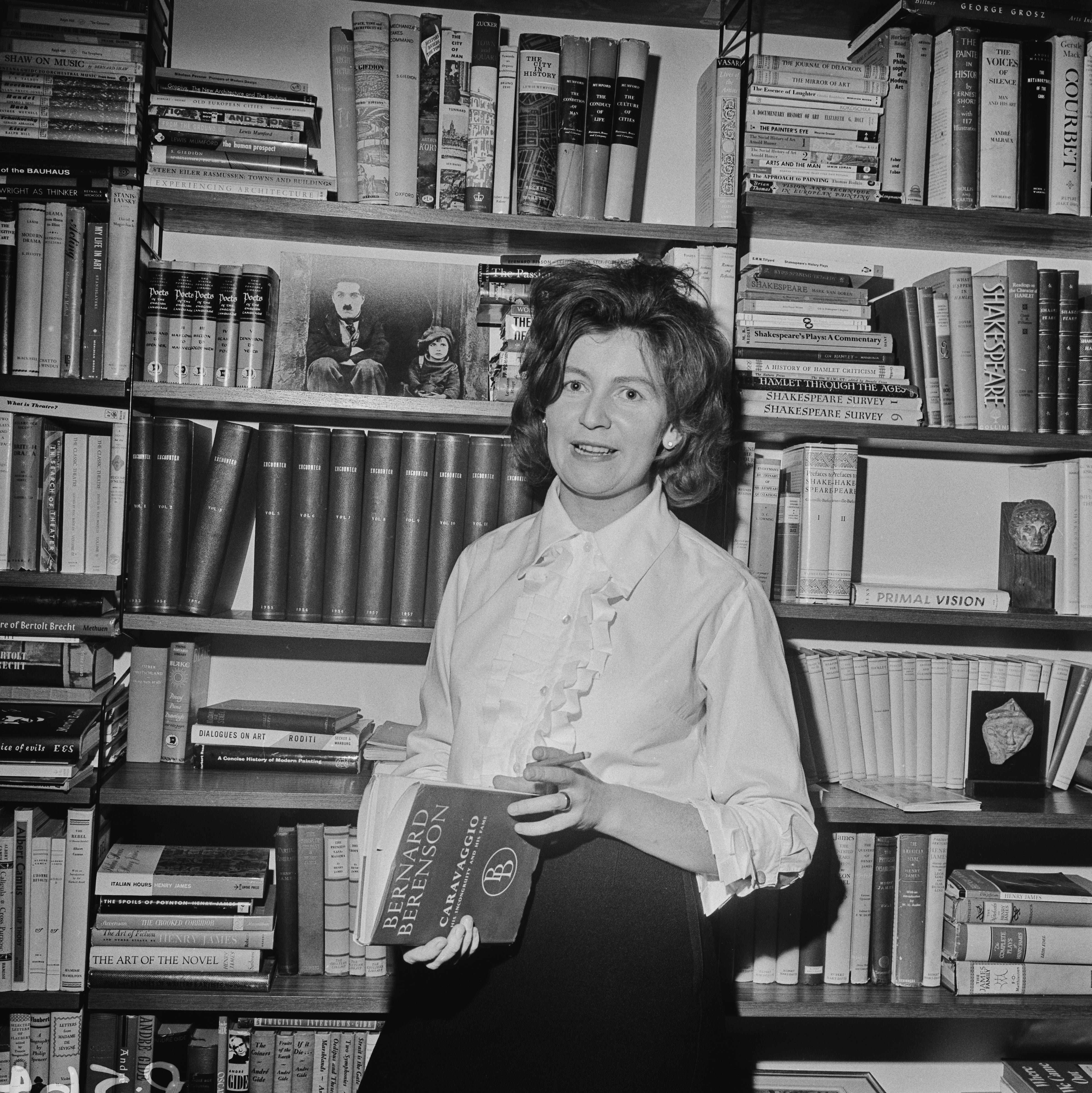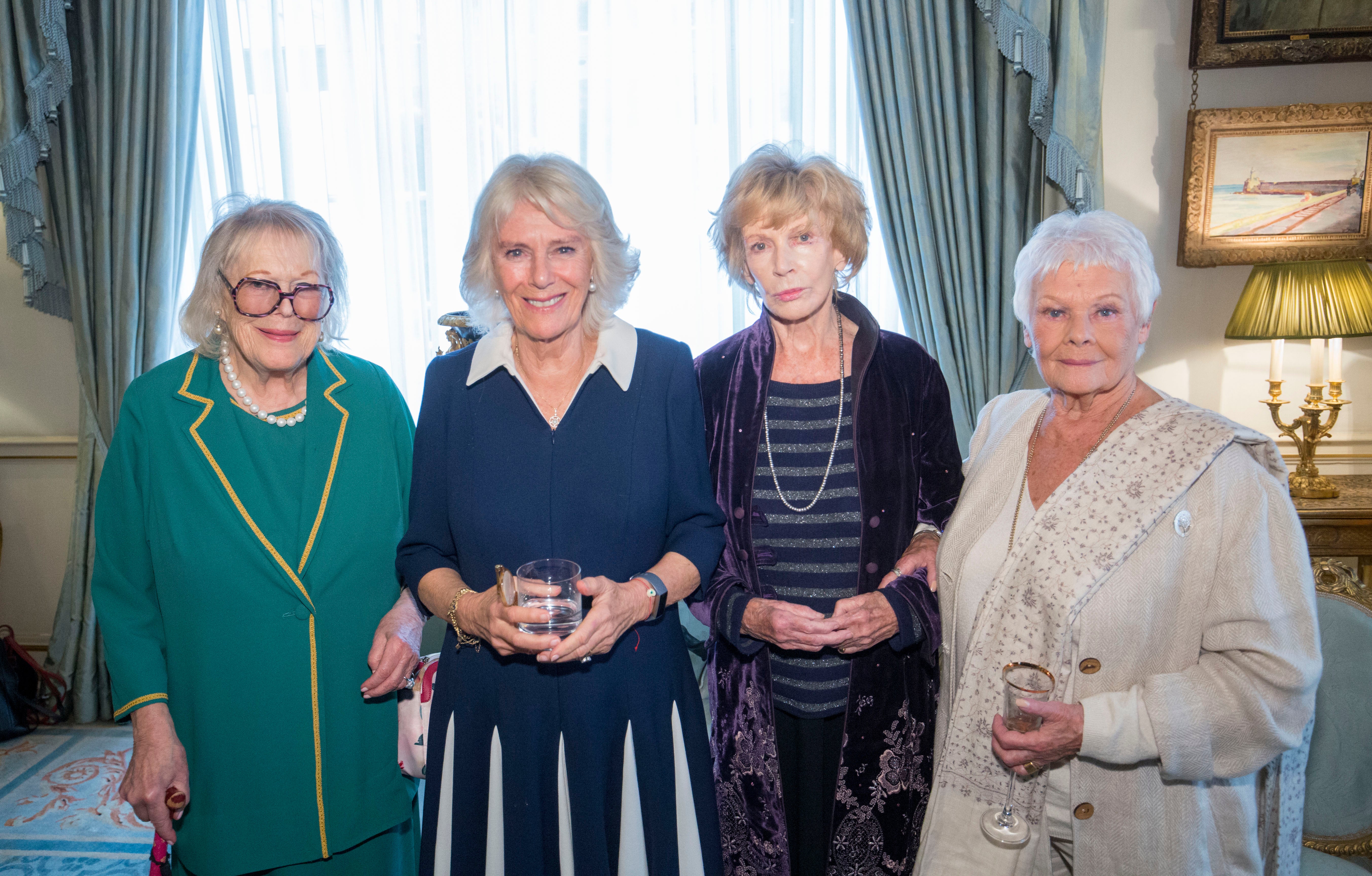Edna O’Brien, the prolific Irish author known for her portrayal of women’s lives against repressive expectations in Irish society, has died at the age of 93.
Her death was announced by her publisher, Faber, who said she died peacefully on Saturday (27 July), “after a long illness”. They added that their thoughts were “with her family and friends, in particular her sons Marcus and Carlo”.
“A defiant and courageous spirit, Edna constantly strove to break new artistic ground, to write truthfully, from a place of deep feeling. The vitality of her prose was a mirror of her zest for life: she was the very best company, kind, generous, mischievous, brave,” Faber added.
“Edna was a dear friend to us all, and we will miss her dreadfully. It is Faber’s huge privilege to publish her, and her bold and brilliant body of work lives on.”
Born in County Clare in 1930, O’Brien grew up as the youngest in a childhood she has described as being full of “money troubles, drink troubles, all sorts of troubles”. She married Irish writer Ernest Gébler against her family’s wishes and started working for publisher Hutchinson in London, for whom she wrote her first novel The Country Girls.
The Country Girls, published in 1960, followed the lives of two young Irish girls, Caithleen and Bridget, from their childhood in a strict convent school to their adult lives in Dublin.
The novel, along with its sequels, The Lonely Girl and Girls in Their Married Bliss, was banned by the Irish censorship board after its publication and copies were burned all over the country for its frank references to sex and social issues.
“There was a lot of commotion. There were loads of people who wanted to lynch me … they thought they were in the book,” O’Brien said about the backlash.
She went on to write over 20 novels over the next 50 years, winning several awards along the way.

Irish novelist Colm Tóibín, whose own 1999 novel The Blackwater Lightship was shortlisted for the Booker prize, paid tribute to her upon her death as someone who “broke glass” in 1960s Ireland.
“She began very brave. She broke glass in Ireland,” he told BBC Radio 4. “She wrote about sexuality and women about young women’s lives and in a way she was punished for that. It wasn’t just the Irish censorship laws it was the entire way the society dealt with her.”
Mr Tóibín went on to describe Ms O’Brien’s later works and her effort to become a “literary artist” after moving to London.
“The life she lived in London was a sort of lifetime effort to get over the initial idea that she was a filthy writer and a scandalous woman,” he said.
He added: “We didn’t have the Beatles in Ireland, we had literary culture. In a way Edna O’Brien is our version of that at the early stages of her career. But later on she really worked at becoming a literary artist and moving away from that idea that she was someone that dared merely write a scandalous book at the beginning of her career.”
In 2001, she was awarded the Irish PEN lifetime achievement award, and the PEN/Nabokov Award for Achievement in International Literature in 2018, for breaking down “social and sexual barriers for women in Ireland and beyond”.
In 2019, she won the David Cohen Prize for Literature in London, for demonstrating “a fierce commitment to truth and endless courage” in both her writing and in life.
She also received France’s highest cultural honour and became a Commander in the Ordre des Arts et des Lettres in 2021. She was awarded the Prix Femina spécial in 2019 recognising her entire body of work, making her the first non-French recipient of the award.
President of Ireland Michael D Higgins said she was “one of the outstanding writers of modern times” while Irish premier Simon Harris said Ireland had “lost an icon”.
Mr Higgins praised Ms O’Brien as a “fearless” and “superb” writer who possessed “the moral courage to confront Irish society with realities long ignored and suppressed”.
“Through that deeply insightful work, rich in humanity, Edna O’Brien was one of the first writers to provide a true voice to the experiences of women in Ireland in their different generations and played an important role in transforming the status of women across Irish society.
“While the beauty of her work was immediately recognised abroad, it is important to remember the hostile reaction it provoked among those who wished for the lived experience of women to remain far from the world of Irish literature, with her books shamefully banned upon their early publication.”
Taoiseach Simon Harris said that Ireland has lost one of its most celebrated writers.
“She wrote her debut novel The Country Girls in just three weeks. Sixty-four years on it is not only a remarkable piece of work but still a landmark moment for Irish women and society,” he said.
“The book would be banned and burned but Edna O’Brien would never be silenced.
“Most people would have stopped and hidden away from the misogyny she faced, but Edna O’Brien kept working on her artistry and became one of modern Ireland’s most celebrated and honoured writers.”
He added: “Edna said that her writing was her breathing and in recent years while promoting her novel Girl she told interviewers, ‘I want to go out as someone who spoke the truth’.”

Her agent Caroline Michel at PFD said: “In Girl With Green Eyes, the immortal centrepiece of the masterful Country Girls trilogy, Edna writes: ‘We all leave one another. We die… If I do leave you, I will have passed on to you something of myself; you will be a different person because of knowing me; it’s inescapable.’
“Edna is inescapable… once read, once met, she is forever rebelliously and joyously in your life.”
O’Brien was a member of Aosdana, an Irish association of elite artists, and was presented with the association’s highest honour, the Torc of the Saoi, in 2015.

